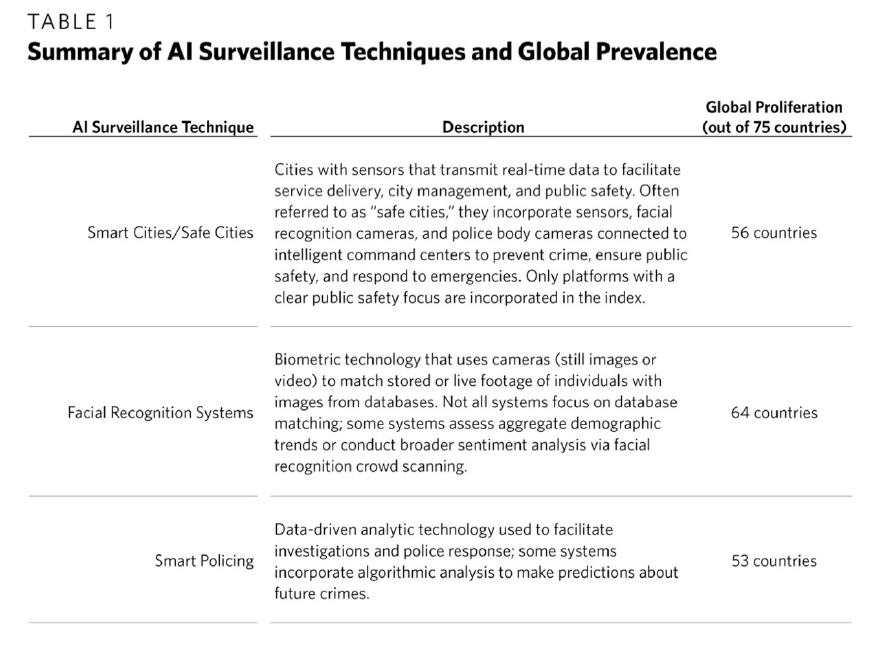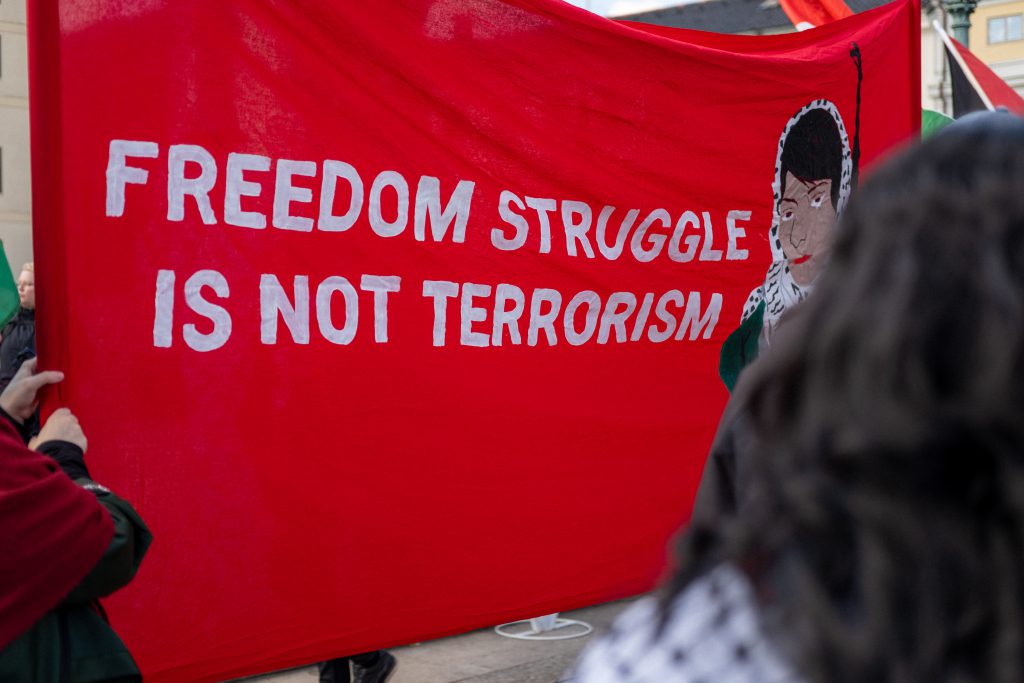On November 1, the German parliament passed a new resolution targeting anti-Semitism. Amnesty International warns that its vague language enables the broad criminalization of criticism of Israel. This repression endangers freedoms such as speech, assembly, artistic expression, and academic liberty. The resolution could strip state funding from cultural or artistic projects labeled as “potentially antisemitic,” expel students from universities, or deny asylum and residence permits.
These developments raise pressing questions: How should democracies navigate the boundary between combating hate speech and preserving freedom of expression? How far can repression go before it undermines the very fabric of democracy?
The Complex Effects of Anti-Antisemitism
Addressing antisemitism in public discourse is crucial. However, excessive state repression often silences public dialogue. It fosters polarization between compliant and radical factions within movements. While the pro-Palestinian movement includes diverse views, antisemitic elements are a minority, but they are often painted as a majority position.
Germany and Austria exemplify the instrumentalization of antisemitism accusations for repressive purposes. A 2023 ELSC report reveals the extent to which the adoption of the controversial IHRA definition negatively imapcts human rights and urges the EU Commission to take action against it. They specifically find that the “IHRA definition chills free speech and curtails freedom of assembly, resulting in self-censorship of individuals afraid to face allegations of antisemitism” (ELSC 2023).
What Is Repression?
Repression involves controlling or suppressing dissenting voices. Digital repression, as defined by Feldstein (2021), is the use of technology to surveil, coerce, or manipulate individuals or groups to deter challenges to the state. Earl, Maher, and Pan (2022) identify three dimensions of repression:
- The nature of repressors—whether private or state actors.
- The visibility of repression—whether overt or covert.
- The methods—whether involving force or incentivizing desired behaviors.
Importantly, repression is not exclusive to autocracies. Democracies also employ it, often through surveillance and disinformation. While autocracies may repress more openly, democracies tend to conceal their actions better.

The Weaponization of Antisemitism: Censorship in Action
A key finding of the 2023 ELSC report highlights how adopting the IHRA definition of antisemitism curtails democratic freedoms. Palestinians and Jewish advocating for Palestinian rights frequently face baseless allegations under this definition while denouncing Israel’s practices and policies and/or criticising Zionism as a political ideology. Courts have dismissed most of these allegations as unfounded, however activists are subjected to unjust and harmful consequences, including loss of employment and reputational damage.
In Austria, the IHRA definition has led to event cancellations, lawsuits, and terminated contracts. State actors often cite alleged antisemitism to suppress human rights advocacy.
Censorship is not limited to state actions. Private companies like Meta also play a significant role in repressing pro-Palestinian content. A 2023 Human Rights Watch report highlights a troubling pattern of “undue removal and suppression of protected speech,” including peaceful expressions of support for Palestine and discussions about Palestinian human rights.
This issue stems from systemic problems, such as the vague language of Meta’s Dangerous Organizations and Individuals (DOI) policy, which broadly defines praise for terrorist organizations as grounds for banning content. Additionally, Meta inconsistently enforces its policies, sometimes allowing “newsworthy” content to remain on the platform even if it violates rules. Other factors include heavy reliance on flawed automated moderation tools, especially biased when moderating content in Arabic, and government influence over content removal.
Disinformation: Shaping Narratives Through Repression
Disinformation is a powerful tool of digital repression. Feldstein (2021) defines it as the use of tactics like fake news, trolling, and automated bots to manipulate narratives and delegitimize dissent. This strategy floods digital spaces with misleading information, creating a repressive impact without openly violating political freedoms—a subtler approach that is less likely to face public resistance in democracies.
The EU DisinfoLab (2023) highlights key examples of disinformation in Austria, particularly targeting migrants and Muslims. These narratives are linked to the concepts of “imported antisemitism” and “anti-terrorism,” which amplify repression against pro-Palestinian content. By merging existing anti-migrant and anti-Muslim rhetoric with antisemitism accusations, these campaigns shift attention away from state violations of international law. In doing so, they bolster the repression of human rights activists and stifle critical voices.

Surveillance: The Hidden Face of Repression
Surveillance technologies like facial recognition and smart policing intensify repression in Austria. According to Binder (2017), 2017 surveillance laws have introduced an authoritarian mode of governmentality in Austria, justified by “a higher threat perception”. These technologies enable governments to monitor dissent, creating a chilling effect on activism.
When individuals feel constantly watched, they self-censor their speech and behavior. Büchi, Festic, and Laster (2022) describe dataveillance as the automated collection and analysis of digital data by corporate and state actors. This leads to anticipatory obedience, where individuals preemptively conform to avoid repercussions.
Consequences of Repression: The Chilling Effect
Repression, particularly through surveillance and disinformation, carries far-reaching societal consequences. Nadija Samour from the ELSC highlights how repression intimidates activists and silences dissenting voices. For example, individuals even slightly associated with the BDS movement frequently face discrimination, even when their initiatives have no direct connection to Palestine.
This chilling effect extends to digital spaces, where pervasive surveillance, or dataveillance, leads to self-censorship and conformity. Such outcomes undermine the core pillars of deliberative democracies, including freedom of expression, speech, and thought. When people refrain from sharing controversial opinions, public discourse suffers, and democratic inclusivity diminishes.
In addition to the everyday repression faced by pro-Palestinian activists, the chilling effect of repression shapes societal behavior. By discriminating against marginalized voices, justifying authoritarian measures, fostering widespread conformity and eroding diverse participation in democratic processes, it represents a threat to democracy at large.
Clau Tatangelo
References
Binder, C. (2017). “Metternich 2.0.? Surveillance and Panopticism as modes of authoritarian
governmentality in Austria”. Surveillance & Society 15(3/4): 397-403.
Büchi, M., Festic, N. & Latzer, M. (2022) “The Chilling Effects of Digital Dataveillance. A Theoretical Model and an Empirical Research Agenda”.Big Data & Society, January–June: 1–14.
Earl, J., Maher, T. & Pan, J. (2022) “The digital repression of social movements, protest, and activism: A synthetic review”. Science Advances, 8, eabl8198.
ELSC (2023). Suppressing Palestinian Rights Advocacy through the IHRA Working Definition of Antisemitism.
Feldstein, S. (2019). The Global Expansion of AI Surveillance. Carnegie Endowment for International Peace (p. 16).
Feldstein, S. (2021). The Rise of Digital Repression. How Technology is Reshaping Power, Politics, and Resistance. Oxford University Press.
Schäfer, C. (2023). Disinformation Landscape in Austria. EU DisinfoLab
